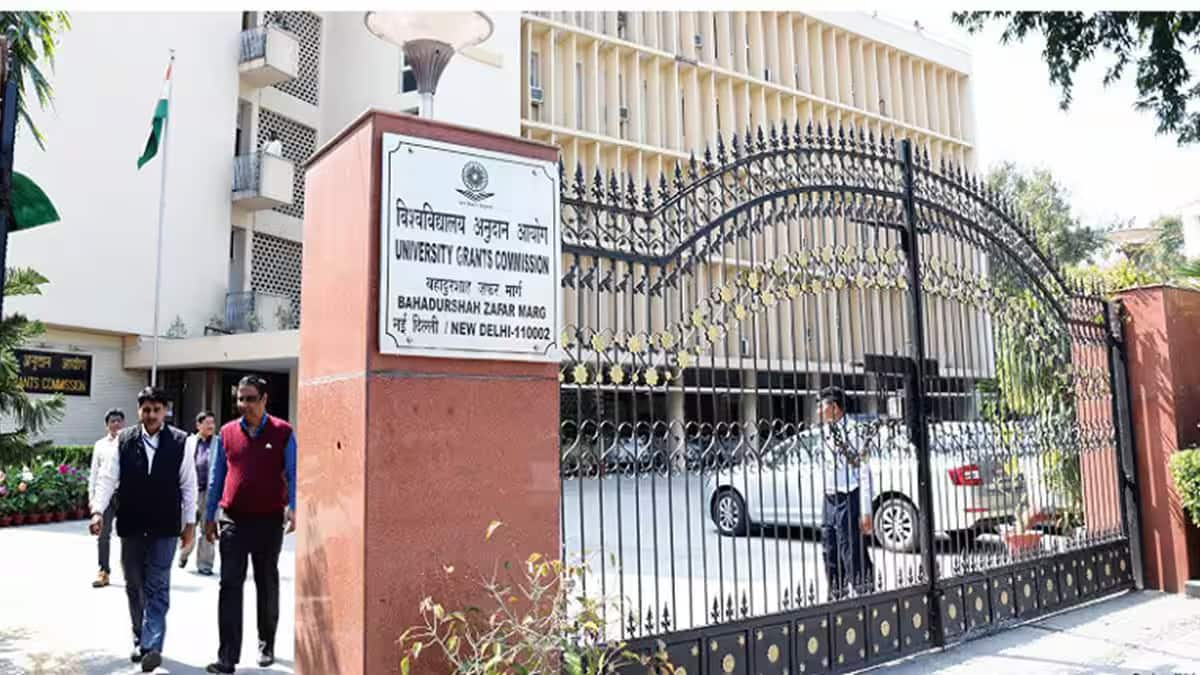UGC directs HEIs to integrate 'Indian Knowledge Systems' into UG, PG curriculum
Alivia Mukherjee | March 29, 2025 | 09:00 PM IST | 2 mins read
UGC mandates 5% IKS credits, 50% of which should align with the student's major discipline.

NEW DELHI: The University Grants Commission (UGC) has issued a new directive emphasising the integration of Indian Knowledge Systems (IKS) into undergraduate (UG) and postgraduate (PG) curricula. UGC reiterates that students should take credit-based courses in IKS, constituting at least 5% of their total academic credits.
As per UGC, at least half of these credits should align with the students’ major disciplines and count toward core academic requirements. By embedding IKS in higher education, the UGC aims to promote interdisciplinary learning, and preserve India’s intellectual traditions
The UGC mandates that course content should be derived from credible sources such as historical records, inscriptions, classical texts, material evidence, and documented sociological practices. As per UGC, special attention should be given to the methodologies, objectives, and core concepts of Indian knowledge traditions, and the curriculum should also illustrate applications of these traditions.
IKS courses in UG programmes
As per UGC, UG students in four-year programmes should enroll in IKS courses amounting to at least 5% of their total credits. These courses should ideally be completed in the first four semesters.
As per UGC guidelines, all UG students are required to take introductory courses covering various streams of IKS, providing a broad understanding of its fundamental concepts and significance. As per UGC guidelines, universities should offer a diverse range of elective IKS courses, allowing students to specialize further. Students may also undertake internships, apprenticeships, or research projects related to IKS in their final semesters, as per UGC.
IKS in PG programmes and medical courses
PG students in arts, commerce, and sciences have been instructed to undertake advanced credit courses in IKS related to their field of study. These courses should amount to at least 5% of the total required credits. PG students have the option to take additional IKS courses beyond the mandated requirements if such opportunities align with their programme.
Medical students can complete a credit course on Indian knowledge systems of medicine in their first year, covering Ayurveda, Yoga, Naturopathy, Unani, Siddha, and Homeopathy. In the second year, they can specialize further through a two-semester course focusing on the theory and practice of one chosen Indian medical tradition.
Specialized research and training centers
To facilitate the implementation of IKS, the UGC has collaborated with the IKS Division of the Ministry of Education (MoE). As part of this initiative, IKS research centers have been established to support research and curriculum development. IKS teacher training centers have been asked to develop IKS-based curricula, academic resources, and courses, particularly in Science, Technology, Engineering, Arts, and Mathematics (STEAM) disciplines. "
Follow us for the latest education news on colleges and universities, admission, courses, exams, research, education policies, study abroad and more..
To get in touch, write to us at news@careers360.com.